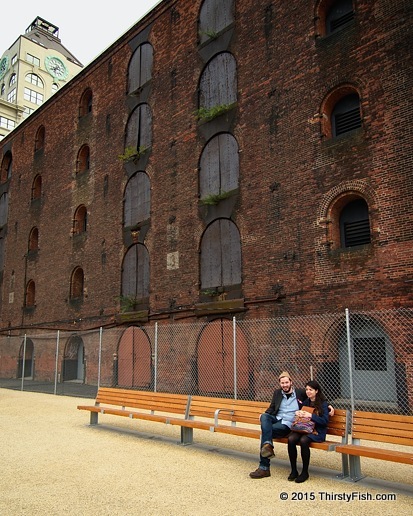Freedom Of The Press: Coercion vs Threat vs Self-Interest

A few people took an issue with the recent "Freedom of Expression" posts. More specifically, they are denying that coercion and self-censorship are flagrant in Western press. To understand this issue, we have to look at the differences between soft-coercion and threat of violence. Although the definition of coercion includes threats, coercion is most effective when it's subtle and relies on psychological and economical intimidation.
I repeat my claim that soft-coercion intimidates artists, authors, journalists, editors, publishers and TV news outlets to self-censor; Some subjects and targets are easy to "cover" and "satirize", while other subjects are simply "untouchable". On "genuinely taboo" subjects, psychological and economical coercion is 100% real, 100% of the time. Take for example, the criticism of Israel's policies in the mainstream U.S. Media. You won't find much. That is because there are immediate consequences; You could easily be labelled an "anti-Semite" and even lose your job. But if you actually follow the Israeli press, they are brutal in their self-criticism. Here in the U.S., you couldn't even begin to imagine some of the stuff written in the Israeli press.
By contrast, the threat of violence is usually not immediate and, more often than not, not real. That doesn't mean it never actualizes, as we sadly found out in the Charlie Hebdo attack. On the other hand, soft-coercion is immediate and continual. The moment you step outside "acceptable thought" and express your ideas, marginalization and demonization begins and your career and financial future are put at risk. As a whole, it wouldn't be unfair to say that there is no "freedom of the press" in the West; Corporate and individual self-interest is primary to facts and reality.
So what should be the criteria for "freedom of the press". Truth in reporting. If someone blows up a children's hospital, that is a newsworthy story. There can never be a moral justification for blowing it up and it is not the business of the press to find one. "Freedom of the press" does not equate to "the selective right to offend", "the right to lie", "the right to misinform", "the right to omit inconvenient stories" and "the right to spin facts to fit a predetermined agenda". It is not just freedom from threat or persecution that determines press freedom; It is also, freedom from soft-coercion, self-censorship and conflict of interest. The press should not be free to selectively report whatever it wants, driven by its corporate interests. So the next time someone talks about "our free press", take it with a pinch of salt.
Update: Someone suggested that I was naive for expecting "truth in reporting". Labeling truth-seeking as "naivete" is as old as mankind. Simply study collapsed civilizations. In the early 20th century, journalist and statesman Arthur Bullard conveniently wrote, "Truth and falsehood are arbitrary terms ... There is nothing in experience to tell us one is always preferable to the other ... The force of an idea lies in its inspirational value. It matters very little if is true or false." in order to justify lying to get Americans to fight in World War I. So, is truth preferable to falsehood? Pretty much all religions teach us so - and for a good reason. Falsehood has fatal consequences. Once falsehood is preferable to truth in a society, a dragon is unleashed and it will not stop until destruction. The real "naivete" is expecting otherwise. [You have to give it to Bullard for his use of the word "always" above.]
Recently, I've posted a number of articles related to "Freedom of Speech". If interested:
Freedom of Speech?
Freedom of Expression: The Right To Offend?
Freedom of ... Thought, Consciousness, Religion, Expression, Speech
The Right To Be Stupid?
Freedom Of The Press: Coercion vs Threat vs Self-Interest
Posted
- Tue 2015-01-20
Captured
- 2011-09-16
- Brooklyn, New York


